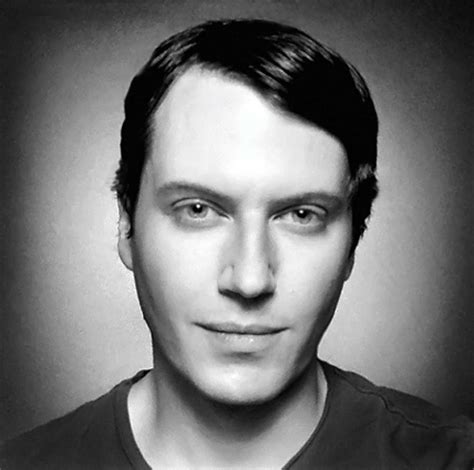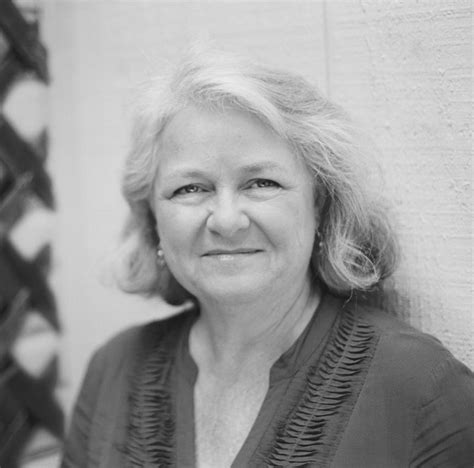A Quote by Kristen Soltis Anderson
The robots are coming, whether we like it or not, and will change our economy in dramatic ways.
Related Quotes
Contemporary philosophers are facing problems that were unthinkable only one century ago, such as whether space and time are mutually Independent, whether there is objective chance or only uncertainty, whether physics can explain chemical change, whether our behavior is fully determined by our genomes, whether ideation can change the brain, or whether either the economy or ideas are the ultimate roots of the social.
For 25 years countless people have come to the U.N. climate conferences begging our world leaders to stop emissions and clearly that has not worked as emissions are continuing to rise. So I will not beg the world leaders to care for our future. I will instead let them know change is coming whether they like it or not.
I would like to play some character that's somewhat dramatic. I don't see myself ever becoming that serious, or it sounds weird, but I don't see myself doing something that's really dramatic but somewhat dramatic. I would like to do something that's more real and doesn't have to be laugh out loud funny. I always like whatever I'm involved in... whether it be funny or whether it be somewhat like... I'm not gonna try to get people to really cry.
Back in the twentieth century, we thought that robots would have taken over by this time, and, in a way, they have. But robots as a race have proved disappointing. Instead of getting to boss around underlings made of steel and plastic with circuitry and blinking lights and tank treads, like Rosie the maid on The Jetsons, we humans have outfitted ourselves with robotic external organs. Our iPods dictate what we listen to next, gadgets in our cars tell us which way to go, and smartphones finish our sentences for us. We have become our own robots.
And that is what is behind the abrupt rise in climate change denial among hardcore conservatives: they have come to understand that as soon as they admit that climate change is real, they will lose the central ideological battle of our time—whether we need to plan and manage our societies to reflect our goals and values, or whether that task can be left to the magic of the market.
With respect to our friends in the [Iraq] region, each has its own system, each will have to make its own judgment as to whether it will change, how fast it will change, and we hope that we can help influence them as to how change comes about and what change might be better for them than other forms of change.






































